Before the real shooting party
I was surprised the other day when I was glancing through some earlier posts on Bookhound, that although I have mentioned Isabel Colegate's The shooting party (one of my favourite books) several times, I've never reviewed it; this must mean that I haven't read it for a few years, so it's high time that it was re-read.
The shooting party also happens to be entirely appropriate for the season. Set in late October 1913, the novel centres around a shooting party assembled on the aristocratic Nettleby Estate. It's a tradition that has been around for years, and everyone knows their place within the hierarchy of the shoot, from the work of the servants to the support of the aristocratic ladies to the rules within which the shoot takes place observed by the men. There are cracks however within this rigid framework - Osbert, the young grandson of Lord Nettleby, will go out of his way to save at least one duck from the shoot, two ace shooters - Gilbert Hartlip and Lionel Stephens - will introduce an unwanted competitive edge, while the gamekeeper's son has dreams of university and a career in science, not just to follow in the footsteps of his father. Cicely, Nettleby's grand-daughter, has dreams more in keeping with her social status of marrying an Hungarian count; but following a tragedy all their dreams will be torn apart, and everyone will be forced to reassess the social structure and the mores of their period.
I love this book. Although in some ways not a great deal happens for most of the novel, it's so beautifully written. It's a microcosm of the Europe of its day. A place where there are rigid social mores, and where everyone's place in society seems ordained, natural, and how it will always be. But The Shooting Party also looks forward to the First World War, and what happens during the novel reflects what will happen over the next few years.
One death will have a massive impact on many, and will signal the beginning of the end for a society that seemed fixed in its structure. It's a simple charming tale - not without humour. Beautiful characterisation, and you can smell the smells of an English autumn wafting up through its pages. A wonderful piece of writing, and a must-read of classic English fiction.
The shooting party also happens to be entirely appropriate for the season. Set in late October 1913, the novel centres around a shooting party assembled on the aristocratic Nettleby Estate. It's a tradition that has been around for years, and everyone knows their place within the hierarchy of the shoot, from the work of the servants to the support of the aristocratic ladies to the rules within which the shoot takes place observed by the men. There are cracks however within this rigid framework - Osbert, the young grandson of Lord Nettleby, will go out of his way to save at least one duck from the shoot, two ace shooters - Gilbert Hartlip and Lionel Stephens - will introduce an unwanted competitive edge, while the gamekeeper's son has dreams of university and a career in science, not just to follow in the footsteps of his father. Cicely, Nettleby's grand-daughter, has dreams more in keeping with her social status of marrying an Hungarian count; but following a tragedy all their dreams will be torn apart, and everyone will be forced to reassess the social structure and the mores of their period.
I love this book. Although in some ways not a great deal happens for most of the novel, it's so beautifully written. It's a microcosm of the Europe of its day. A place where there are rigid social mores, and where everyone's place in society seems ordained, natural, and how it will always be. But The Shooting Party also looks forward to the First World War, and what happens during the novel reflects what will happen over the next few years.
One death will have a massive impact on many, and will signal the beginning of the end for a society that seemed fixed in its structure. It's a simple charming tale - not without humour. Beautiful characterisation, and you can smell the smells of an English autumn wafting up through its pages. A wonderful piece of writing, and a must-read of classic English fiction.



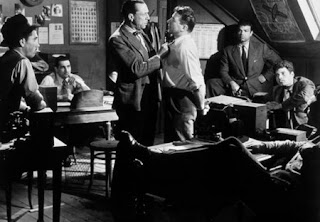
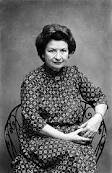

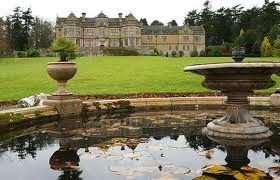
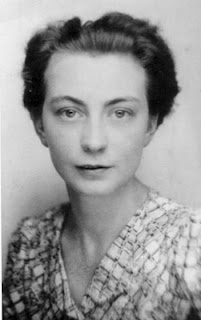

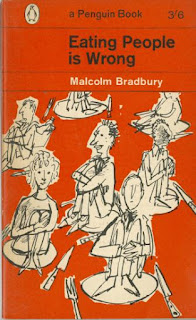
Comments